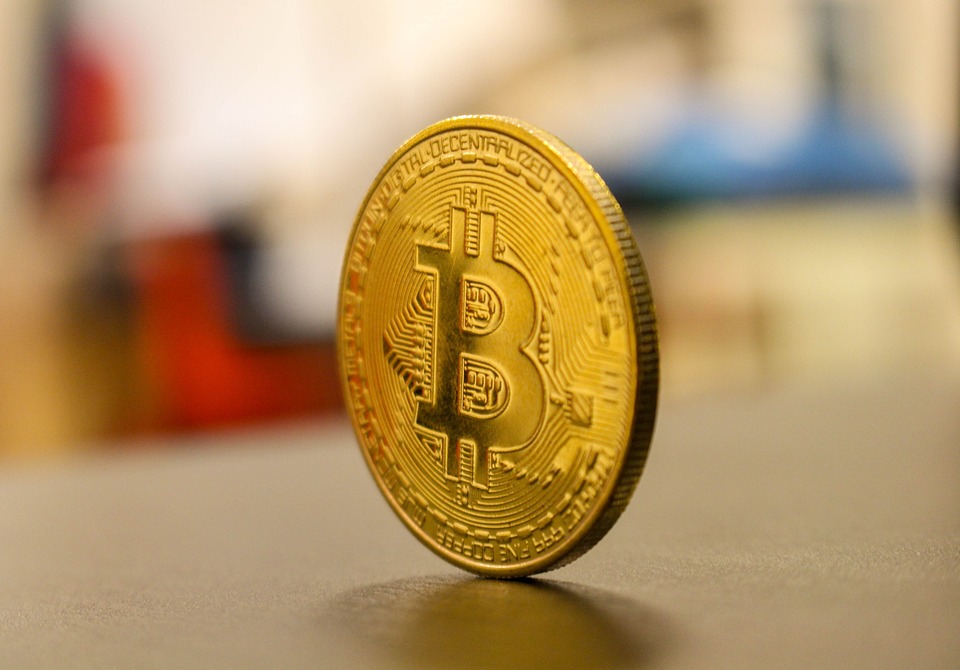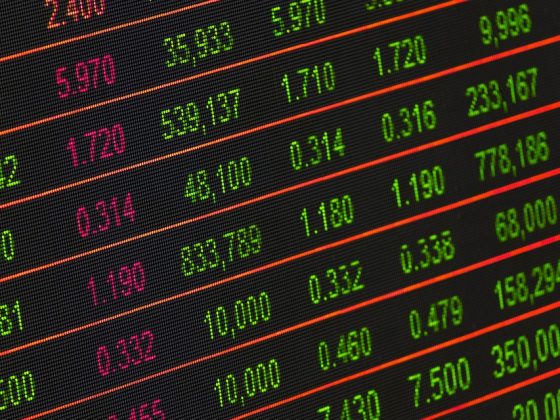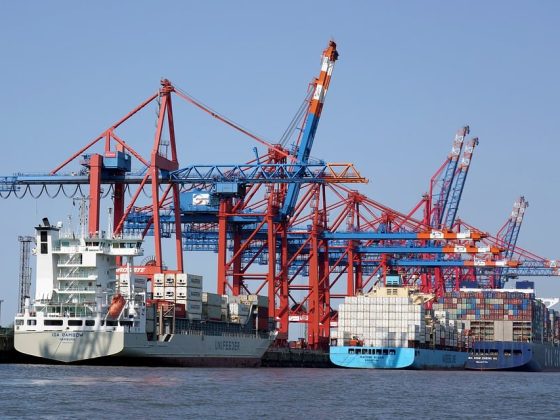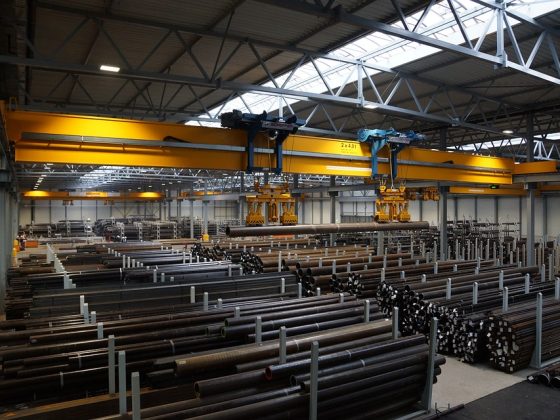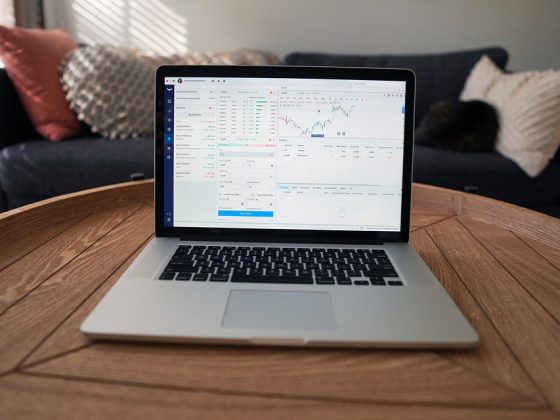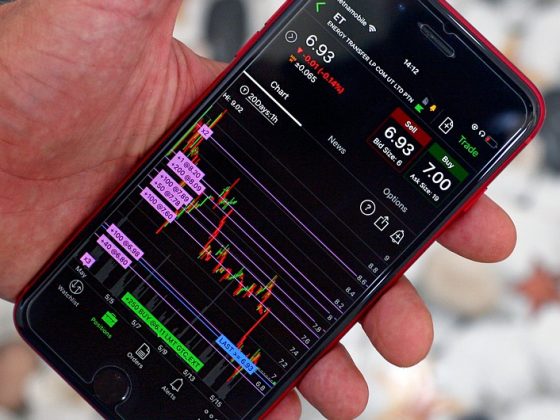The economy is a vast and complex system that affects every aspect of our lives. From the price of groceries to the interest rates on our mortgages, the economy plays a major role in shaping our day-to-day experiences. For those who are new to the world of economics, understanding how the economy works can be a daunting task. In this article, we will break down the basics of the economy and provide some key insights for newcomers looking to gain a better understanding of this important field.
What is the Economy?
The economy refers to the production, distribution, and consumption of goods and services in a particular region or country. It is a complex system that is influenced by a wide range of factors, including government policies, consumer behavior, and global economic trends. The economy is often measured through indicators such as gross domestic product (GDP), unemployment rates, and inflation.
How Does the Economy Work?
At its core, the economy revolves around the concept of supply and demand. When the supply of goods and services exceeds demand, prices tend to fall. On the other hand, when demand outstrips supply, prices tend to rise. This basic principle governs everything from the price of a cup of coffee to the cost of a new car.
In addition to supply and demand, the economy is also influenced by factors such as government spending, monetary policy, and international trade. Governments play a crucial role in shaping the economy through policies that regulate businesses, control inflation, and manage economic growth. Central banks, such as the Federal Reserve in the United States, also play a key role in managing the money supply and interest rates to help stabilize the economy.
The global economy is also interconnected, with events in one country often having far-reaching effects on others. For example, a recession in the United States can lead to lower demand for goods and services from other countries, causing a ripple effect across the global economy. Understanding these interconnections is crucial for anyone looking to gain a deeper understanding of the economy.
Key Concepts in Economics
There are several key concepts in economics that are essential for understanding how the economy works. Some of the most important concepts include:
– Supply and demand: The relationship between the supply of goods and services and the demand for them.
– GDP: Gross domestic product measures the total value of goods and services produced in a country over a specific period of time.
– Inflation: A rise in prices that reduces the purchasing power of money.
– Unemployment: The number of people who are actively seeking employment but cannot find a job.
– Interest rates: The cost of borrowing money, typically set by central banks.
– Fiscal policy: Government spending and taxation policies that influence the economy.
– Monetary policy: Central bank policies that manage the money supply and interest rates.
These concepts provide a framework for understanding how the economy functions and how different factors influence its performance.
FAQs
Q: What is the difference between microeconomics and macroeconomics?
A: Microeconomics focuses on the behavior of individual consumers and businesses, while macroeconomics looks at the overall performance of the economy as a whole.
Q: How does government spending impact the economy?
A: Government spending can stimulate economic growth by creating jobs and increasing demand for goods and services. However, excessive government spending can lead to inflation and economic instability.
Q: What is the role of central banks in the economy?
A: Central banks are responsible for managing the money supply, setting interest rates, and ensuring the stability of the financial system. They play a key role in controlling inflation and promoting economic growth.
Q: How does international trade affect the economy?
A: International trade can increase economic growth by allowing countries to specialize in the production of goods and services where they have a comparative advantage. However, trade can also lead to job losses and economic disruptions in some industries.
In conclusion, understanding the ins and outs of the economy is crucial for anyone looking to make informed decisions about their finances, business, or government policies. By mastering key concepts such as supply and demand, GDP, and inflation, newcomers can gain a better understanding of how the economy works and how it affects their everyday lives. With a solid grasp of these basics, anyone can navigate the complexities of the economy with confidence.

